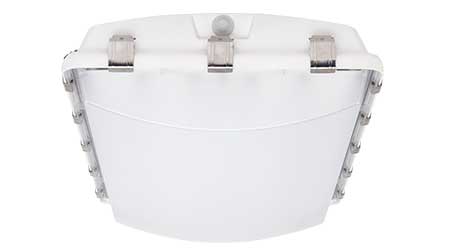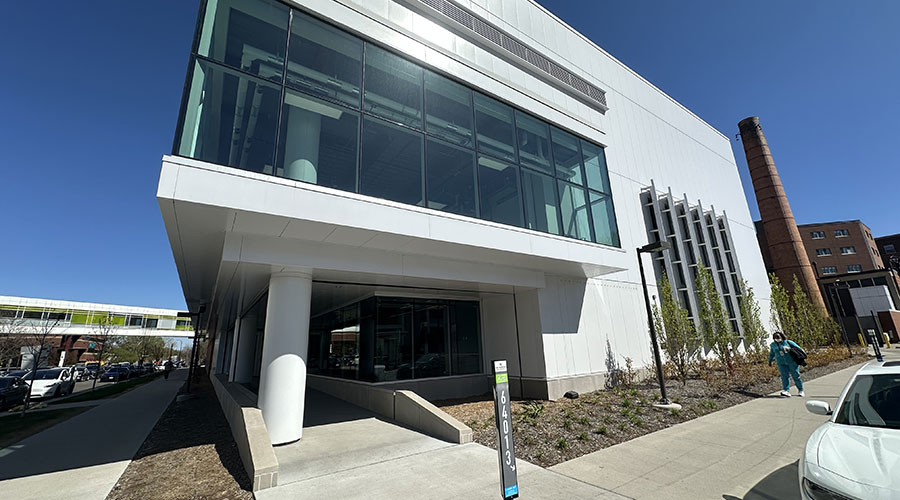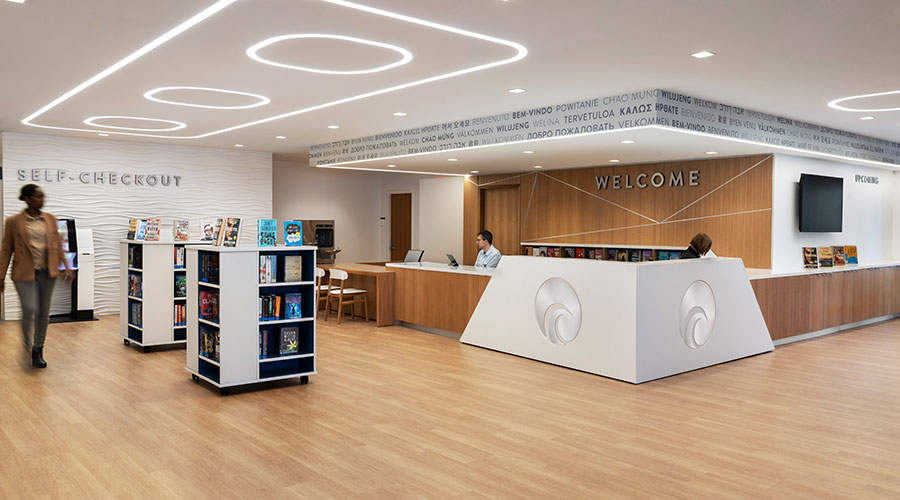« Facilities Technology Briefs Home /
Lighting
Wet-location LED - Orion Energy Systems - Facility Management Product Release

Orion Energy Systems
website
| Company information
The APOLLO Class LED VaporTight product line is NSF/ANSI Standard 2 certified and US manufactured. NSF/ANSI certification is particularly important because it means Orion’s APOLLO LED VaporTight NSF fixtures are durable enough for the most demanding environments, including facilities with wash down requirements up to 1500 pounds per square inch (PSI). Businesses that are required to use NSF/ANSI certified products can now realize the energy saving benefits of the APOLLO VaporTight series, including performance at up to 155 lumens per watt (LPW). More lumens per watt means the fixtures produce more light for less energy, and therefore save Orion customers more money on their electricity bill than they would save if they chose a competitive LED fixture.
The durable APOLLO VaporTight NSF series has many advantages over legacy high intensity discharge and fluorescent lighting technologies, such as improved light output, wide-ranging dimming options, and instant-on performance, all of which lead to increased energy savings. Low maintenance and longer life of up to 125,000 hours reduces maintenance costs. The National Sanitary Foundation (NSF) identifies areas that require NSF/ANSI certified products as areas that are exposed to routine soiling from splashes and spills, including food related commercial and industrial businesses such as commercial kitchens, food distribution centers, canning and bottling, and meat processing.
More light for less energy is even more compelling for the food processing industry, and especially meat and poultry packing plants, because of requirements by the United States Department of Agriculture (USDA) and the Food and Drug Administration (FDA) to meet higher minimum light levels for food safety purposes.
To qualify for NSF/ANSI certification, every aspect of a product's development is thoroughly evaluated including extensive product testing and material analyses as well as unannounced plant inspections. Most importantly, NSF certification is not a one-time event, but involves regular on-site inspections of manufacturing facilities and regular re-testing of products to ensure that they continue to meet the same high standards required to maintain certification over time.
RELATED CONTENT
Content Category: Lighting
FEATURES:
QUICK READS:
posted: 8/31/2017








